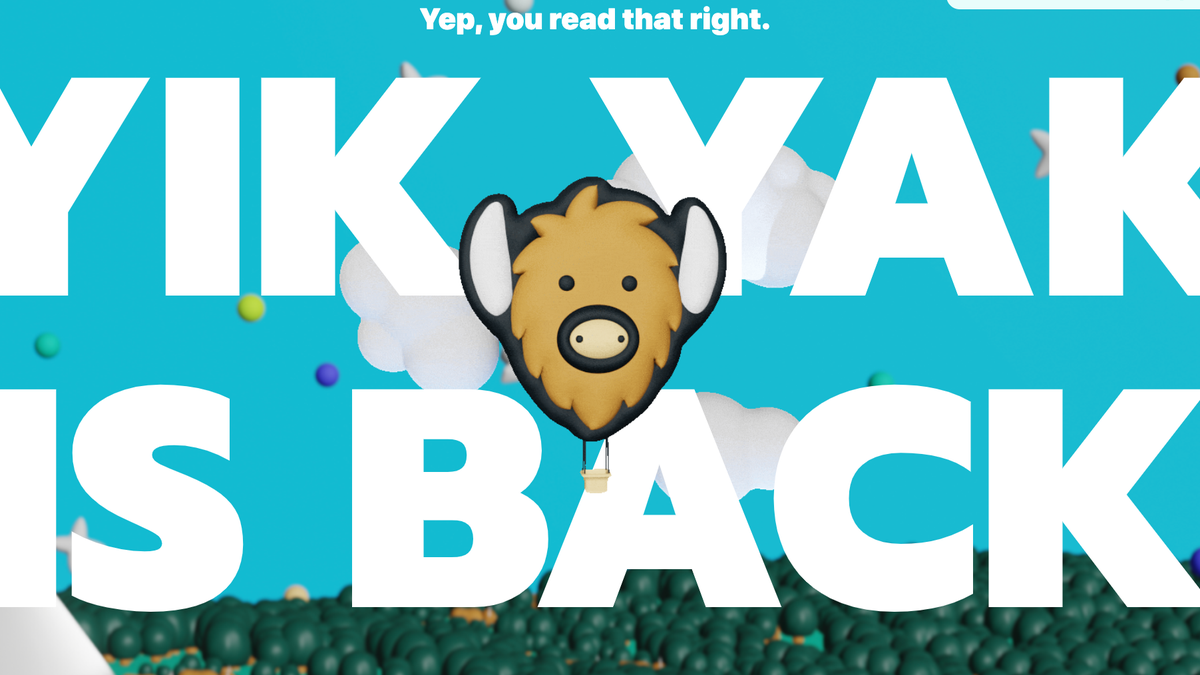
For those that missed the Yik Yak mania the first time around, the platform is essentially an open, anonymous message board for anyone within a five-mile radius. After booting up the app on my own phone, I found pages and pages of Yakkers from my own New York City neighborhood posting about, well, everything: Cuomo, COVID-19, Ray Ramano, halal food, and the nature of Yik Yak itself.
G/O Media may get a commission
For the most part, this was the sort of fare that populated the bulk of the app when it was at its height in the mid-2010’s. But as you might expect with an anonymous chatting app, it also saw its fair share of violent threats and hate speech, culminating in at least four students being arrested for threats that they made on the app. Obviously, those arrests demonstrated that the app was not, in fact, anonymous.
This time around, Yik Yak seems better prepared to deal with these issues. In a lengthy list of community “guardrails” published on the company’s site, Yik Yak reminded users that harassment was something that had no place on the platform. “Remember that a person being bullied can feel alone, depressed, or friendless,” the company wrote. “Whether on Yik Yak or elsewhere, be an advocate for anyone being bullied. Reject hate!”
Advertisement